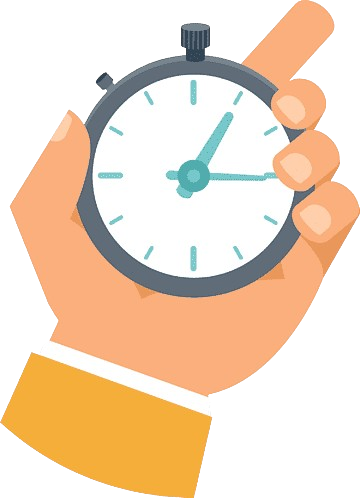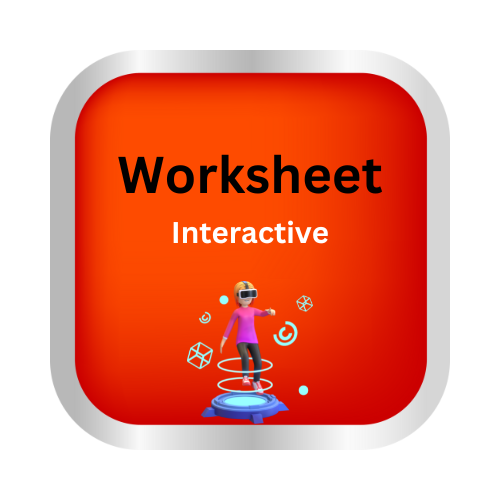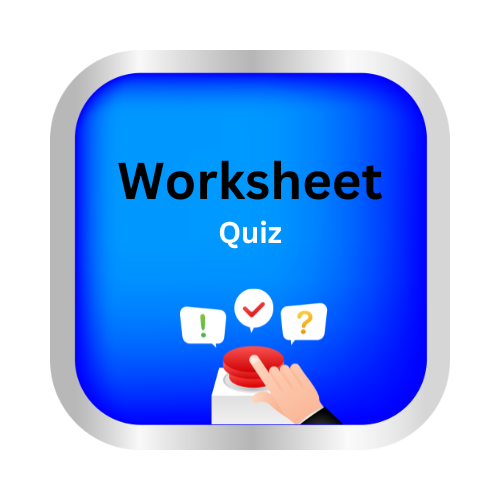Measurement of Time
Key Notes :

1. Definition of Time
- Time is a continuous, irreversible progression from the past, through the present, and into the future.
- It helps us organize events in a sequence (before, after, during).
2. Units of Time
- Seconds (s): The basic unit of time.
- Minutes (min): 1 minute = 60 seconds.
- Hours (h): 1 hour = 60 minutes.
- Days (d): 1 day = 24 hours.
- Weeks, months, years: Larger units for measuring longer durations of time.
3. Instruments for Measuring Time
- Clocks: Devices that show the current time.
- Watches: Smaller portable clocks worn on the wrist.
- Calendars: Used to track days, months, and years.
- Stopwatches: Used for measuring specific intervals of time, like in sports or experiments.
4. Types of Time Measurement
- Standard Time: Time measured based on a specific system like the 24-hour clock.
- Sidereal Time: Time based on the Earth’s rotation relative to distant stars.
- Solar Time: Time based on the position of the Sun in the sky.
5. Reading Clocks
- Analog Clocks: These have hour and minute hands, and sometimes a second hand.
- The hour hand moves slowly.
- The minute hand moves faster.
- The second hand moves continuously.
- Digital Clocks: Display the time in numbers (e.g., 3:30 or 15:30).
6. Conversions between Time Units
- 1 hour = 60 minutes.
- 1 minute = 60 seconds.
- 1 day = 24 hours.
- 1 week = 7 days.
- 1 year = 365 days (or 366 days in a leap year).
7. Time Zones
- The Earth is divided into different time zones based on longitudinal position.
- Time is measured differently in different parts of the world due to the Earth’s rotation.
- For example, Greenwich Mean Time (GMT) is the time at the Prime Meridian (0° longitude), and other time zones are calculated as hours ahead or behind GMT.
8. Leap Year
- A leap year occurs every four years, adding an extra day (29th February) to the calendar to adjust for the fact that the Earth’s orbit takes approximately 365.25 days.
9. Use of Time in Everyday Life
- Time helps us organize our daily activities, schedules, and events.
- Time is essential in many fields, including science, sports, business, and travel.
10. Time in Science
- Speed: Speed is calculated by the formula: Speed = Distance / Time.
- Time Measurement in Experiments: Time is often measured accurately in scientific experiments to observe changes or processes.
Let’s practice!

